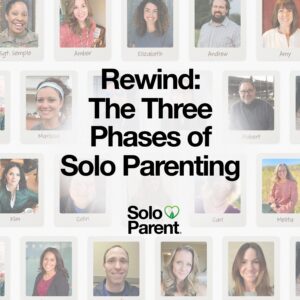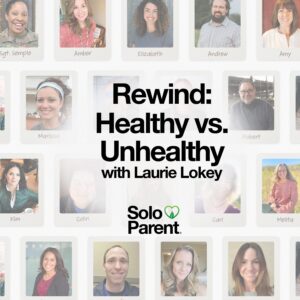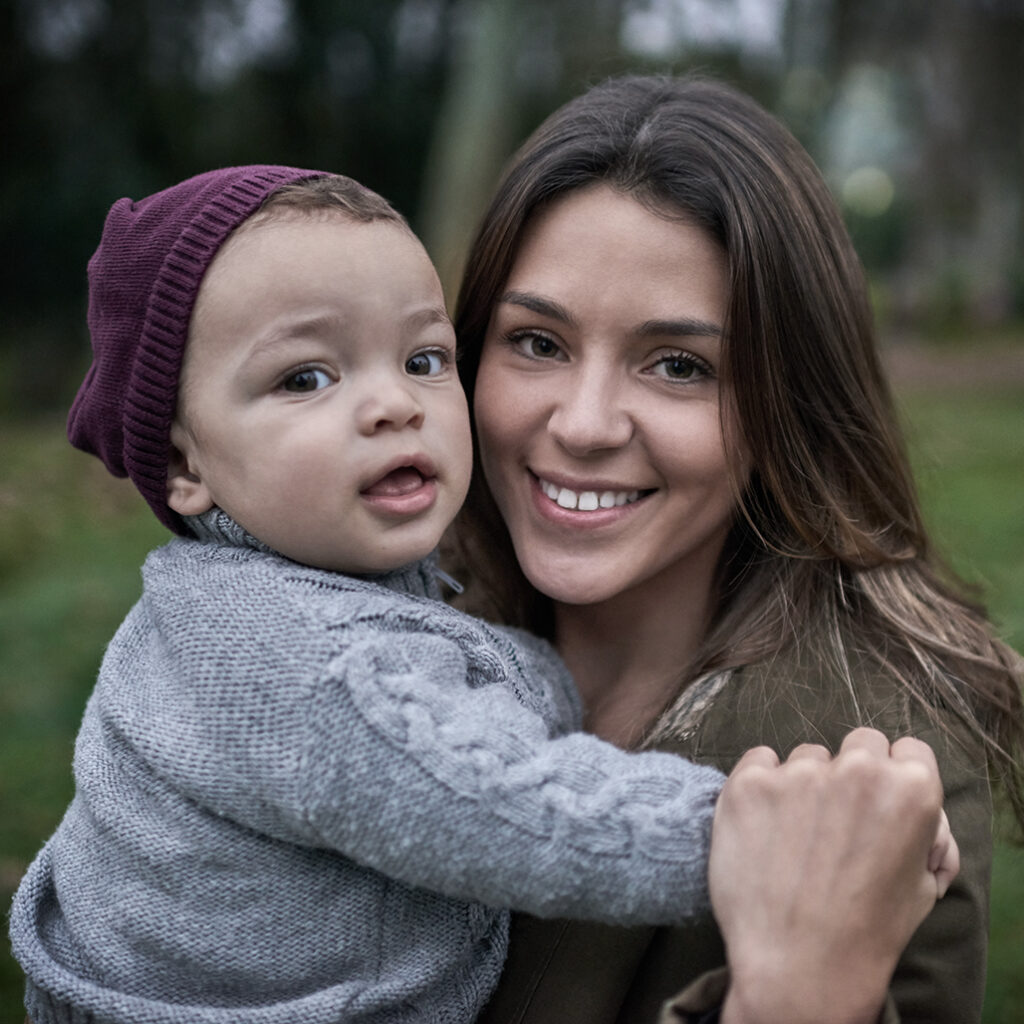What if stability isn’t something you find… but something you build?
If you’re a solo parent, chances are you’ve wondered—Is this chaos just how it is now? Maybe the house feels like it’s always on fire. Maybe your schedule is a puzzle missing half the pieces. Maybe the ground keeps shifting beneath you and you’re doing all you can just to stand upright.
And here’s the truth: that sense of instability doesn’t just make life hard—it makes it heavy. It weighs on how you parent, how you sleep, how you relate to God, and how you see yourself. You start to question: Am I even doing okay?
In this episode, we take a deep dive into the real meaning of stability—what it is, how to recognize it (even in uncertain times), and how to actually build it for yourself and your kids.
Because stability isn’t the absence of storms. It’s learning to anchor yourself, so when the waves come—and they will—you know you won’t be swept away.
Pain Point #1: Confusing Uncertainty With Instability
We often assume that if we’re uncertain, we’re unstable. But they’re not the same.
Uncertainty is future-based—it’s about not knowing what’s coming. Instability is what we feel right now, like the ground is shifting under us. But here’s the good news: stability can exist even in uncertainty.
We shared the example of earthquakes. You might live in a place where tremors are expected, but you still prepare—your shelves are reinforced, you’ve got a safety plan, you’ve anchored your furniture. That’s stability in the midst of uncertainty. Same goes for parenting.
You don’t have to know what tomorrow holds to create a safe, predictable presence today.
“What I’m hearing is that stability can actually exist in uncertainty. Just because I don’t know what’s going to happen doesn’t mean I can’t create safety for my child.”
This subtle but powerful shift changes how we show up. It allows us to say, Even when I don’t have the answers, I can be the anchor.
Pain Point #2: Feeling Like You’re Failing in Unstable Seasons
Instability isn’t always circumstantial. Sometimes it’s seasonal.
The reality is, life will throw us into triage moments—seasons when we’re barely hanging on, and stability feels impossible. One of our guests shared about a time when her world flipped upside down. She did her best to keep the routine going, but emotionally, she couldn’t be the stable parent her kids needed. And she carried deep regret.
That’s real. And you’re not alone if you’ve been there.
But what came out of that season was a revelation: it’s okay to need anchors outside of yourself. Community, recovery groups, therapy—these were all part of her path back to solid ground.
And sometimes, healing starts with admitting, I can’t do this alone.
“When I look back, I would’ve really benefited from more anchors in my life that were coming around me to help me be stable at a time when I couldn’t be.”
You’re not weak for needing support. You’re wise for seeking it.
Pain Point #3: Not Knowing How to Practically Build Stability
So what does stability look like, tangibly?
We talked about building anchor points—things you and your kids can count on. That might be a Saturday pancake breakfast. A predictable bedtime routine. A peaceful corner in your bedroom that becomes your retreat. A “Project Love” strategy to show your child they’re safe and loved, even when they’re pushing back hard.
It doesn’t have to be fancy. Just consistent.
“It’s like when I couldn’t have my protein shake one morning—I felt totally off. That’s how important those little routines are, even for us.”
We shared simple tools:
- EMDR therapy anchor points
- Creating a visual calendar for kids
- Setting phone boundaries to reduce comparison
- Making the bed every morning for a sense of control
- Assigning regular chores to foster predictability
Even unloading the dishwasher became someone’s secret grounding ritual. Small, doable actions add up to a larger sense of steadiness.
Listener Question:
“Lately, it feels like all my daughter and I ever do is fight. She’s a typical hormonal teenager and I honestly dread seeing her after school and being with her on the weekends. I know she can tell, but she’s just awful to be around. Have you felt this way about your kids and how did you get past it?”
We felt this one deep. Yes—so many of us have been there.
One of our hosts shared vulnerably about fearing his own daughter during her teen years. She was angry, pushing boundaries, and constantly at odds with him. The answer wasn’t quick or easy—but it was consistent.
He created something called “Project Love”—a deliberate, ongoing effort to show love in visible ways, even when she rejected it. Eventually, the walls came down. Slowly. Over time.
Another host shared her mom’s words: “Some days, I just don’t like my kids.” And it was freeing to hear that truth spoken without shame.
You’re not a bad parent for feeling disconnected or exhausted. This is normal. It’s part of the process. Don’t isolate. Share your experience. Let others speak truth over the lies shame wants you to believe.
Three Takeaways for the Solo Parent Journey
- Stability isn’t the absence of uncertainty. It’s choosing to be an anchor even when things are unclear. You can’t predict the future, but you can create peace in the present.
- Stability comes in layers. It’s emotional, spiritual, practical, and communal. Build it in your routines, in your support system, in how you talk to your kids—and in how you talk to yourself.
- Comparison is a thief. What works for others may not work for you. And that’s okay. Pay attention to what your home, your heart, your kids need. Then honor that with your choices. Stability is personal.




